How to Maximize Your Home's Efficiency with Solar Energy Solutions
As the global shift towards renewable energy accelerates, homeowners are increasingly seeking effective ways to enhance their energy efficiency and sustainability. According to a report by the International Energy Agency, solar photovoltaic (PV) capacity is projected to expand by nearly 600 GW globally by 2025, underscoring the growing demand for Solar Energy Solutions. By harnessing the power of the sun, homeowners not only reduce their carbon footprint but also significantly lower their energy bills. In fact, studies show that solar panel installations can increase property values by an average of 4.1%, making it a financially savvy investment. With advances in technology and financing options, now is the ideal time to explore how Solar Energy Solutions can maximize your home's efficiency and contribute to a greener future.
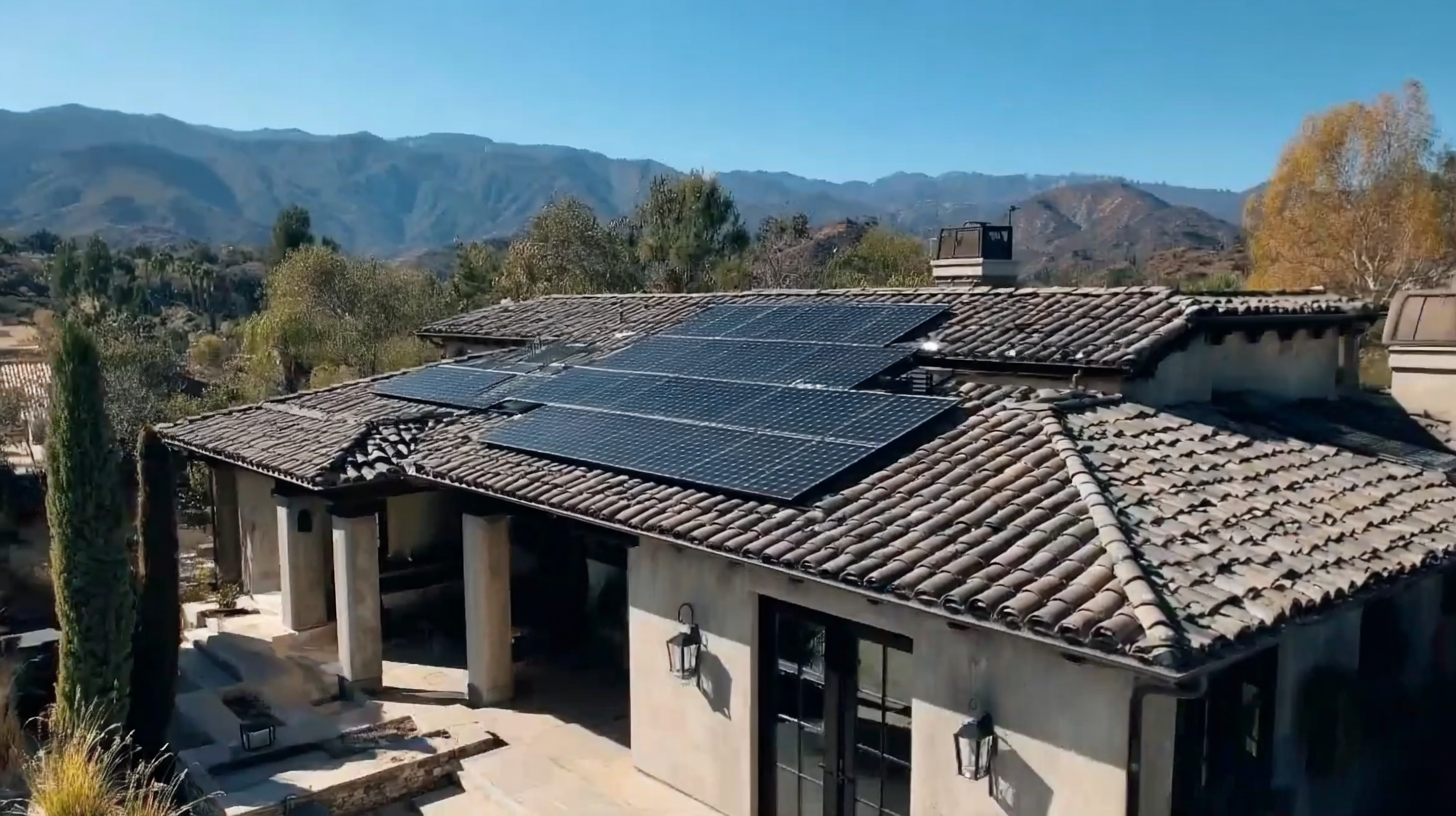
Understanding Solar Energy: Basics and Benefits for Homeowners
Solar energy is rapidly becoming a cornerstone of efficient and sustainable living for homeowners. Understanding the basics of solar energy is essential for anyone looking to reduce their environmental footprint while also saving on utility bills. According to the U.S. Department of Energy, residential solar power installations have increased over 167% from 2010 to 2020, indicating a growing trend among homeowners to embrace renewable energy sources. Solar panels convert sunlight into electricity, significantly reducing dependence on non-renewable energy and lowering greenhouse gas emissions.
To maximize your home’s efficiency with solar solutions, consider these tips: first, assess your home's solar potential by evaluating its roof orientation and shading. Ideally, a south-facing roof with minimal obstructions will receive the most sunlight. Second, investing in a solar battery can store excess energy generated during the day for use at night, enhancing energy independence. Lastly, explore state and federal incentives, such as tax credits and rebates, which can greatly offset the initial investment costs. By implementing these strategies and understanding the benefits of solar energy, homeowners can not only improve their energy efficiency but also contribute to a more sustainable future.
How to Maximize Your Home's Efficiency with Solar Energy Solutions
| Feature | Description | Benefits |
|---|---|---|
| Solar Panels | Photovoltaic cells convert sunlight into electricity. | Reduces electricity bills and carbon footprint. |
| Solar Water Heaters | Systems that heat water for domestic use using solar energy. | Lower heating costs and less energy consumption. |
| Solar Battery Storage | Stores excess solar energy for use when sunlight is not available. | Increases energy independence and reliability. |
| Net Metering | A billing mechanism that credits solar energy system owners for the electricity they add to the grid. | Maximizes savings by offsetting utility costs. |
| Incentives and Tax Credits | Government programs that subsidize the cost of solar installations. | Reduces upfront costs and improves return on investment. |
Evaluating Your Home's Solar Potential: Key Factors to Consider
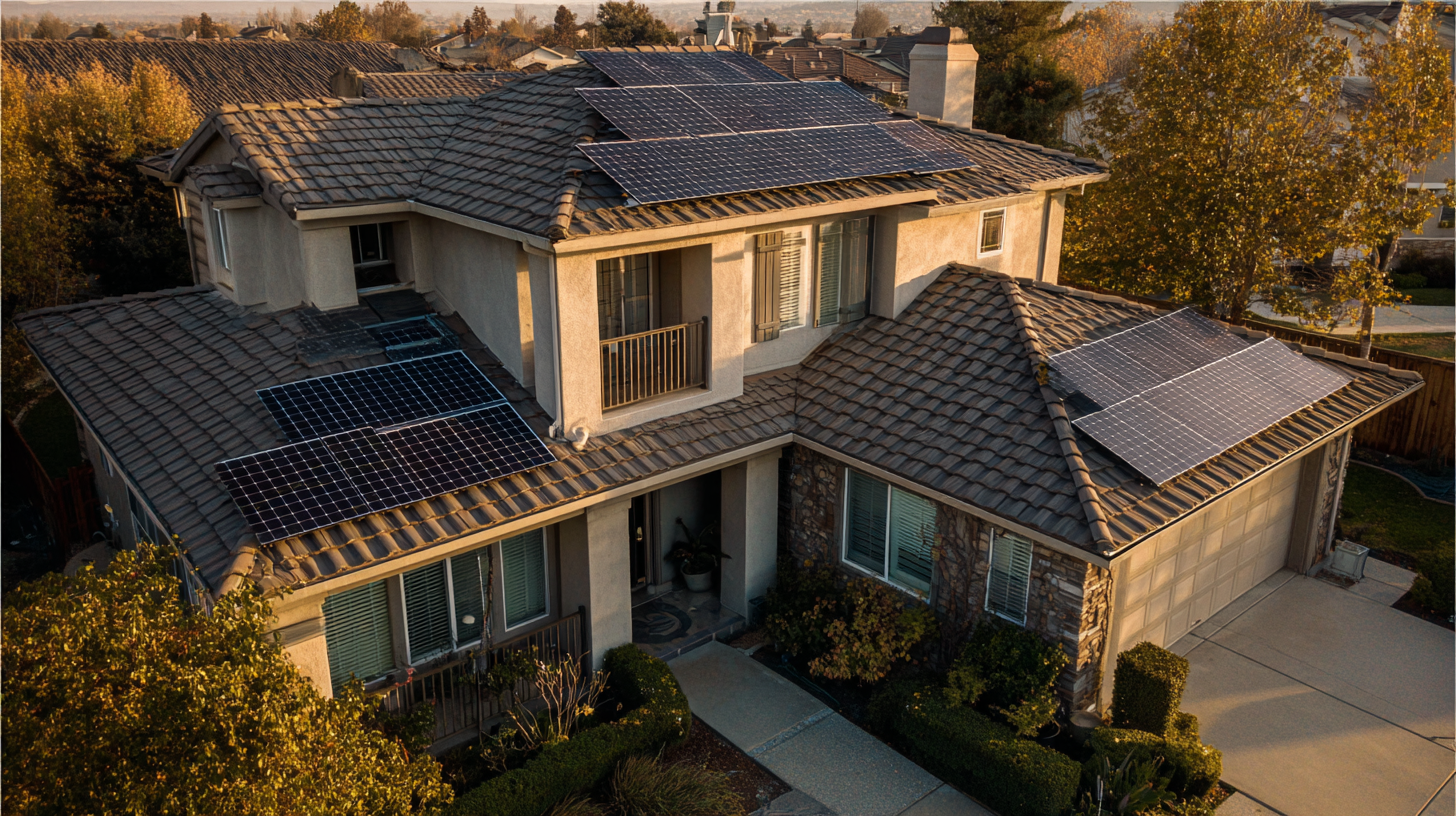 When considering how to maximize your home's efficiency through solar energy solutions, evaluating your home's solar potential is a critical first step. According to the Solar Energy Industries Association (SEIA), homes in areas with high solar insolation, such as the Southwest United States, can produce substantially more energy, making them ideal candidates for solar installations. The amount of sunlight your home receives, often referred to as solar exposure, is influenced by geographic location, roof orientation, and shading from surrounding structures.
When considering how to maximize your home's efficiency through solar energy solutions, evaluating your home's solar potential is a critical first step. According to the Solar Energy Industries Association (SEIA), homes in areas with high solar insolation, such as the Southwest United States, can produce substantially more energy, making them ideal candidates for solar installations. The amount of sunlight your home receives, often referred to as solar exposure, is influenced by geographic location, roof orientation, and shading from surrounding structures.
Another essential factor to consider is the slope and material of your roof. A study from the National Renewable Energy Laboratory (NREL) found that roofs with a pitch between 15° and 40° capture optimal sunlight, making them ideal for solar panels. Additionally, a roof made of durable materials such as metal or asphalt shingles can enhance performance and longevity, as some materials are better suited for solar mounting systems. By taking these key factors into account, homeowners can significantly increase their potential energy savings and return on investment in solar technology.
Top Solar Technologies: Choosing the Right System for Your Needs
When considering solar energy solutions for your home, it's essential to choose the right system tailored to your specific needs. The vast array of solar technologies available today allows homeowners to maximize efficiency and reduce energy costs effectively. Begin by assessing your energy consumption patterns, roof space, and budget. This information will guide you in selecting the most suitable solar panels, inverters, and batteries.
Tips for selecting the ideal solar system include researching the efficiency ratings of solar panels, as higher efficiency allows for more energy production even with limited space. Look for reliable solar batteries that offer backup power during outages, ensuring that you remain energy-independent. Additionally, consider the warranty and lifespan of the products; a longer warranty may indicate a manufacturer's confidence in their technology.
Lastly, it’s crucial to evaluate potential installation companies. Check reviews and ratings to find trusted providers in your area, as their expertise will impact the overall performance of your solar system. By combining quality products with skilled installation, you can enhance your home's energy efficiency while enjoying the benefits of sustainable energy.
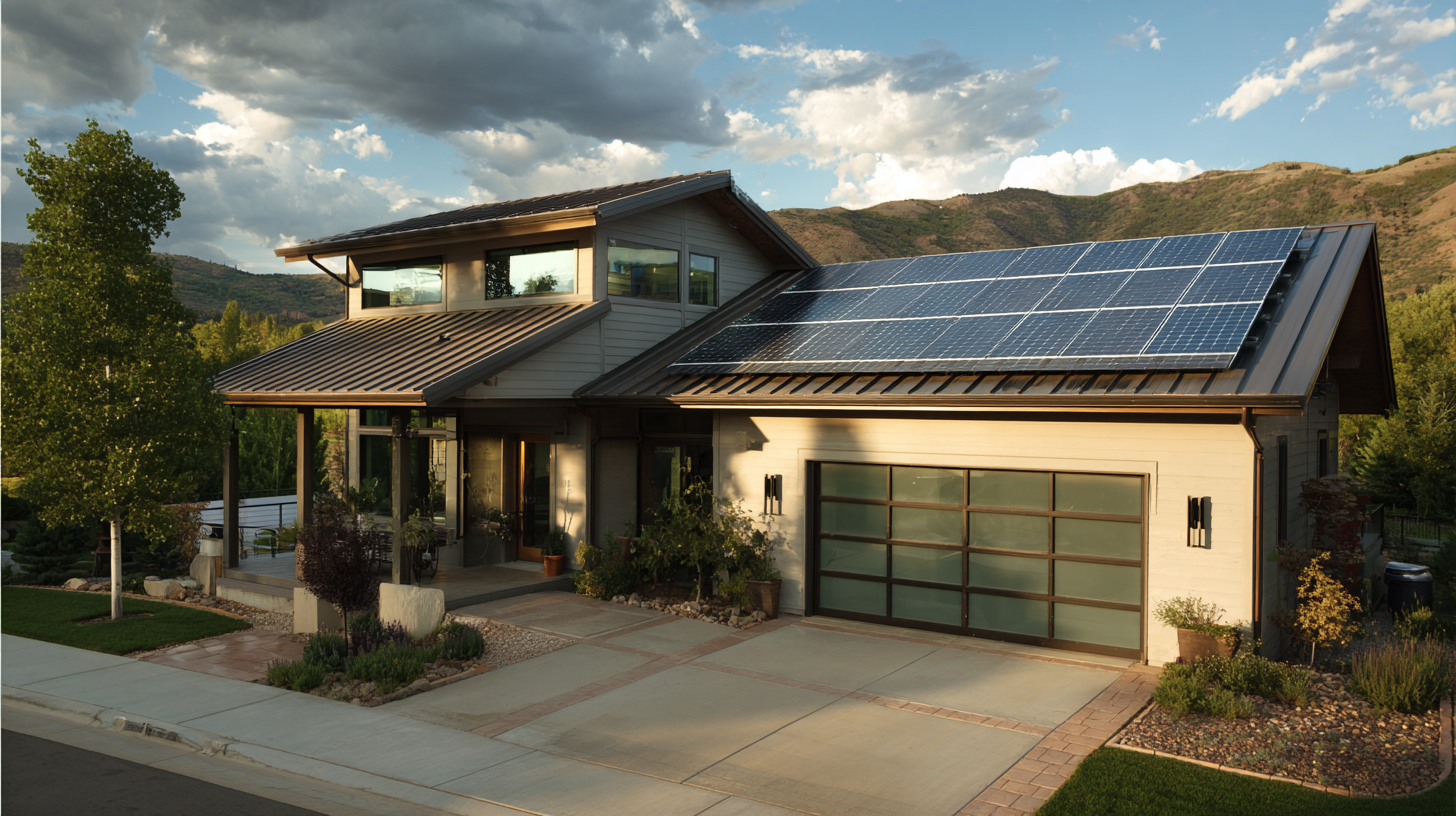
Financial Incentives and Rebates: Maximizing Your Solar Investment
When considering solar energy solutions for your home, understanding the financial incentives and rebates available can significantly enhance the value of your investment. Many government programs offer tax credits that can offset the initial costs of purchasing and installing solar panels. For instance, the federal solar tax credit allows homeowners to deduct a substantial percentage of the installation costs from their federal taxes, providing immediate financial relief and encouraging a shift to renewable energy sources.
In addition to federal incentives, many states and local governments have their own rebate programs designed to further reduce costs. These rebates can vary widely, offering cash back for installations or providing lower rates for solar energy usage. Homeowners should research their specific region's offerings, as these incentives can greatly differ and might even include financing options with favorable terms. By leveraging these financial opportunities, you can not only decrease your upfront costs but also enhance the long-term savings on your energy bills, making solar energy a financially astute choice for homeowners looking to elevate their property’s efficiency.
Maximizing Your Solar Investment: Financial Incentives and Rebates
Integrating Solar with Home Efficiency: Tips for Enhanced Performance
Integrating solar energy into your home can significantly enhance its efficiency, leading to lower utility bills and a reduced carbon footprint. One of the first steps is to ensure your home is energy efficient before adding solar solutions. This involves conducting an energy audit to identify areas where you can reduce consumption, such as upgrading insulation, sealing leaks, and replacing old appliances with energy-efficient models. By optimizing your home’s energy use, you can maximize the benefits of your solar system.
Additionally, consider the use of smart technology to monitor and manage your energy consumption. Smart thermostats and energy management systems allow you to track your energy use in real-time and make adjustments to save power. Pairing these technologies with solar panels can create a synergy that makes your home even more efficient. Choosing the right size and type of solar system based on your consumption patterns will further amplify its effectiveness. By focusing on these integrations, homeowners can ensure that their investment in solar energy not only generates renewable power but also enhances overall home performance.
Related Posts
-
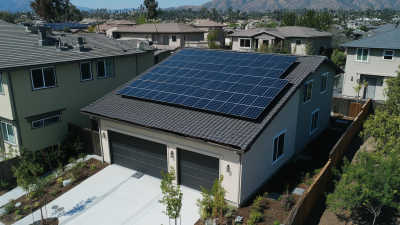
Unlocking Efficiency: A Deep Dive into Cutting-Edge Solar Power Solutions and Performance Metrics
-

Harnessing Power Solar Innovations to Achieve Sustainable Energy Goals in 2023
-
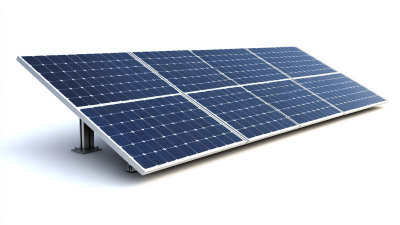
Global Demand for Solar Solutions: China’s Innovative Manufacturing Sets New Quality Standards
-

Top 10 Solar PV Panel Manufacturers from China Showcased at the 137th Canton Fair
-

Global Pride in Manufacturing Best Power Solar Products for a Sustainable Future
-
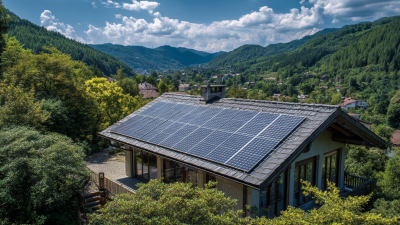
7 Compelling Reasons Why Best Solar Energy Power is a Game Changer for Your Home
